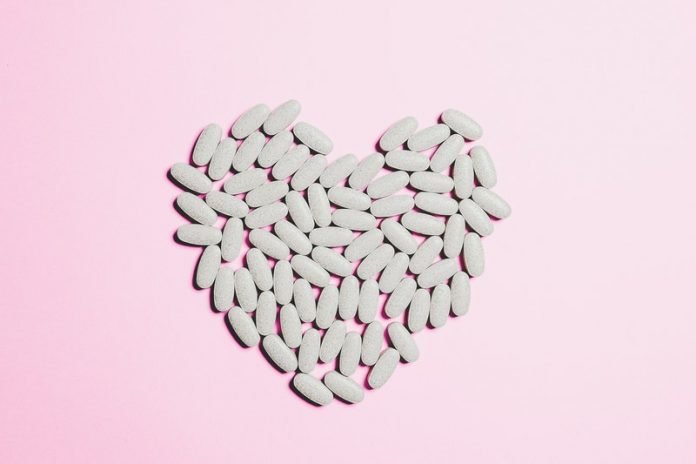
In a new study from Houston Methodist, researchers found a drug used to treat cardiac failure has shown promising results in treating triple negative breast cancer.
They released results this week on a new combined therapy with the potential to improve outcomes for these hard-to-treat breast cancer patients.
In the study, the team found variants in a gene called RPL39 that work through a pathway called nitric oxide.
Through the combination of chemotherapy and a nitric oxide synthase inhibitor called L-NMMA, researchers were able to regress tumor growth of triple-negative breast cancer and prevent cancer from spreading.
Historically, patients with cancers resistant to chemotherapy have about a 25-30% chance of responding when used with older drugs that target the immune system.
The response rate using the Houston Methodist-discovered drug L-NMMA is about 50%.
The team says this is an effective way of cutting short drug development and getting it into patients as quickly as possible.
This research builds on previous work that identified a gene mutation driving the formation of the most aggressive type of triple-negative breast cancer, as well as finding a compound that blocked it.
In addition to developing a novel anti-inflammatory regimen that can increase the efficacy of chemotherapy in treating triple-negative breast cancer, they can also potentially predict which patient will respond to our novel treatment regimen, which will then allow non-responders to switch treatment options sooner.
Next up, the researchers are planning multi-national phase three trials globally to evaluate the efficacy of L-NMMA in more patients. If these trials are successful, then they will file for FDA approval of the drug.
If you care about breast health, please read studies about common beverage that may increase death risk in breast cancer, and findings that as seasons change, so should diet for breast cancer survivors.
For more information about health, please see recent studies about drug that may fight hard-to-treat breast cancers, and results showing that healthy levels of vitamin D may boost breast cancer outcomes.
The study is published in Science Translational Medicine. One author of the study is Jenny Chang, M.D.
Copyright © 2021 Knowridge Science Report. All rights reserved.



